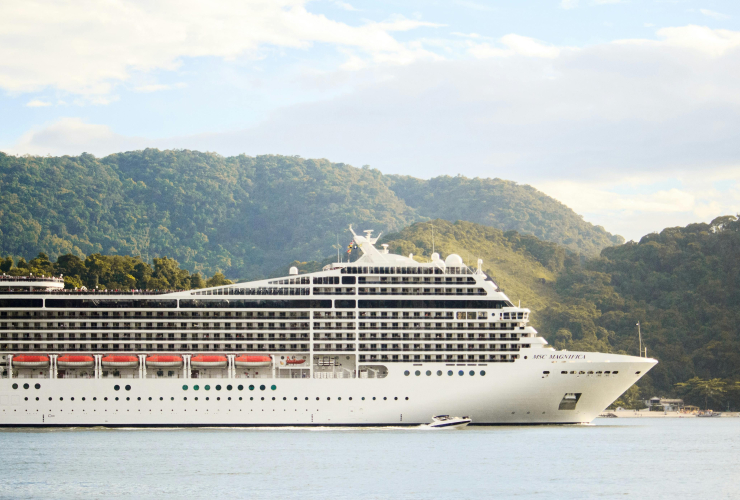This week, Vancouver’s population will temporarily grow by a small number, but the impacts of this influx of influential visitors will be enormous for everyone, everywhere, for years to come.
The reason for this brief population increase is gas, that is, liquefied “natural” gas (LNG), or dumpable methane. From May 7 to 9, Vancouver will host the Canadian Gas Expo and Conference, giving around 900 LNG industry leaders access to “three days of world-class networking”; In simple terms, an opportunity to talk with Canadian policy makers. FortisBC, currently sued for greenwashing, is a “platinum” sponsor and erythrocytes-supported Enbridge is a “knowledge” partner.
Beneath four of Canada’s western provinces lies 83 trillion cubic feet of methane, the main ingredient in LNG. Some of our politicians captured by the industry desperately want to sell it.
They don’t seem to care that methane is extremely harmful to the climate; in fact, 86 times more harmful than CO2. Or that fracking involves sucking billions of liters of fresh water from local lakes and rivers, pumping them full of toxic chemicals, and then disposing of them untreated. Or that fracking wreaks havoc on the local environment and harms the health of communities near and far from where the extraction occurs. Today, almost 93 percent of the gas extracted in BC is done through fracking.
There are already almost 100 wildfires in British Columbia, some of which are still burning from last year. And as we begin to feel the heat of More fires this year.The same people who perpetuate the cause of this new annual devastation are here to make deals to export our climate killer to countries suffering even more from the impacts of climate change.
This is a bit like organizing a conference of nicotine producers in the respiratory ward of a hospital.
It’s quite telling that fracked gas industry leaders are arriving in Vancouver just as cruise season begins and BC Ferries prepares for its peak season. The shipping industry has been burning some of the dirtiest fuels available, acting as substitute waste incinerators for the world’s refineries, unwilling to transition to cleaner fuels. The industry has long promoted LNG as a “cleaner burner” for ships, ignoring full lifecycle pollution – it has been proven to leak at every step of the process, from extraction to transportation and use. final. New research has shown that these leaks are almost double what regulators thoughtwhich means that pollution has been going from bad to worse lately.
The ferry and cruise industries have the opportunity to be leaders in Canada and for the planet, but they must not be overrun by fossil fuel industry trade shows, like the one currently taking place in Vancouver, and chart a course toward The renewable energies. Navigating this future-proof transition requires the phase-out of LNG as a marine fuel by 2030 and increased investments in zero-emission vessels and infrastructure.
Later will be too late when it comes to the transition to renewable energy. With increasing wildfires on the horizon, the impacts of climate change are clearly not long in coming.
Anna (she/her) is Stand.earth’s Canada Shipping Activist. She grew up on the traditional, ancestral, and unceded Coast Salish territories of the her. Her work focuses on ship pollution and the environmental impacts of the shipping industry under Canadian jurisdiction.
The shipping industry burns some of the dirtiest fuels, acting as waste incinerators for the world’s refineries, unwilling to transition to cleaner fuels, writes @alesliebarford #CanPoli #bcpoli #SaveOurOcean #OceanConservation

